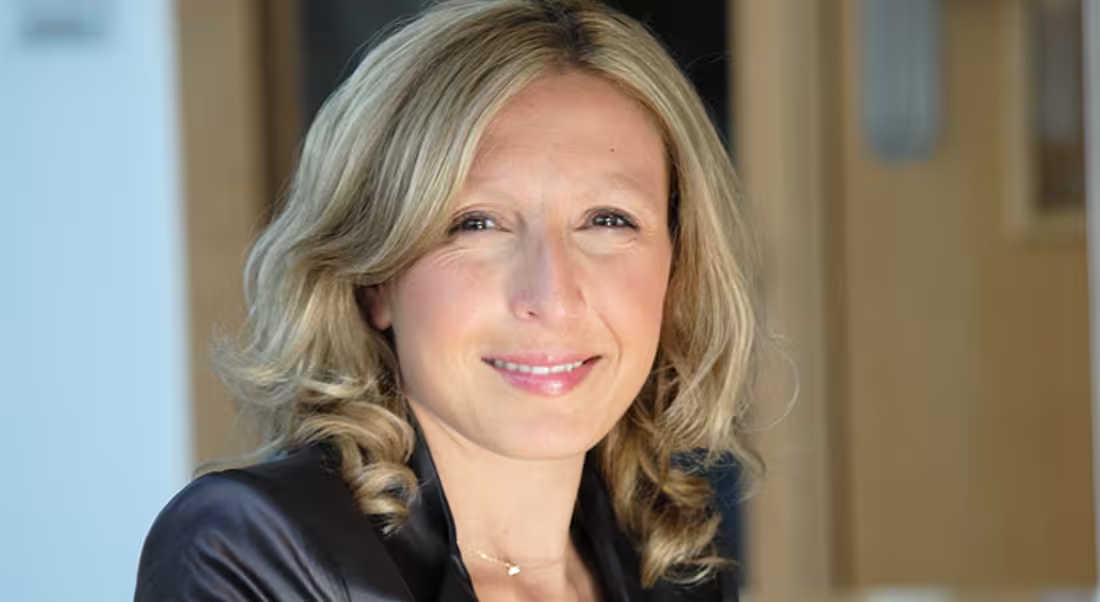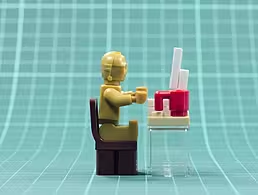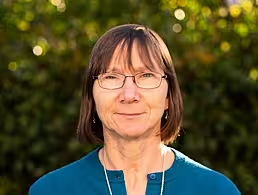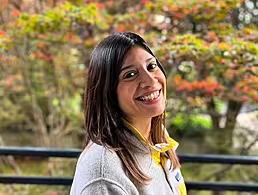This week sees the Irish release of the new Ghostbusters movie. Much has been made – both positive and negative – of the reboot’s transition from an all-male team of Ghostbusters to one that is all-female.
Here at Siliconrepublic.com, we see this as a positive step. Not only is the new Ghostbusters a female-led movie, it is a movie about female scientists and researchers – something rarely seen in mainstream pop culture.
To coincide with the release of Ghostbusters, we reached out to a number of female researchers working in Ireland. Here, Valeria Nicolosi, researcher at CRANN and AMBER, and professor of nanomaterials and advanced microscopy in the Trinity College Dublin School of Chemistry, gives us some insight into the steps that led her to a career in research.
What first stirred your interest in a career in research?
I’ve been passionate about science and chemistry since the very early days, when I was unbelievably intrigued to know how everything worked. I was a very curious child.
When I started studying chemistry in high school as a teenager, I discovered the love for this subject.
What led you to the role you now have?
I graduated with a degree in Chemistry from the University of Catania in Italy. I then completed a PhD in Physics at Trinity College Dublin (TCD) here in Ireland.
What are the biggest surprises or challenges you’ve encountered on your career path?
Being a scientist, you encounter challenges and surprises every day. I think it is fair to say that in this job – and along the pathway that leads to it – every single day is different from the previous.
As a scientist, you constantly have to challenge yourself and your current knowledge – only this can make you push the boundaries and make new discoveries.
It is normal to deal with experiments that did not work as envisaged, to struggle for months with datasets that have no apparent explanation until you get a discovery, and right then you know straight away that all the hard work and frustration was worth it.
Was there any one person who was particularly influential as your career developed?
I have been very lucky in my life as I have had several very important figures that gave me support and encouragement and who made it possible for me to be who I am today.
First of all, my family, of course, and my mother, in primis. Secondly, I was extremely lucky to work with one of the best international scientists in the field of nanomaterials for my PhD. He was a great mentor and, over the years, became a great friend. Last, but not least, my husband, who believes a lot in me and gives me the greatest encouragement and support possible.
What do you enjoy about your job?
There are several aspects that I enjoy about my job. It is anything but a boring job. As I said before, every single day is different from the previous. I love the fact that I have the freedom to think outside the box, to think about things that do not yet exist and find a way to get there.
I also like the fact that it is a truly visionary job and provides real freedom of mind.
What aspects of your personality do you feel make you suited to this job?
Surely my curiosity, but also being methodical, organised and being able to multi-task.
What advice would you give to those considering a career in this area, or just starting out in one?
My biggest advice is to work hard and, most importantly, never give up on your dreams. Be ambitious and push your limits. When you achieve something, don’t stop – there is always another goal to set.
Looking for jobs in tech or science? Check out our Featured Employers section for information on companies hiring right now.




